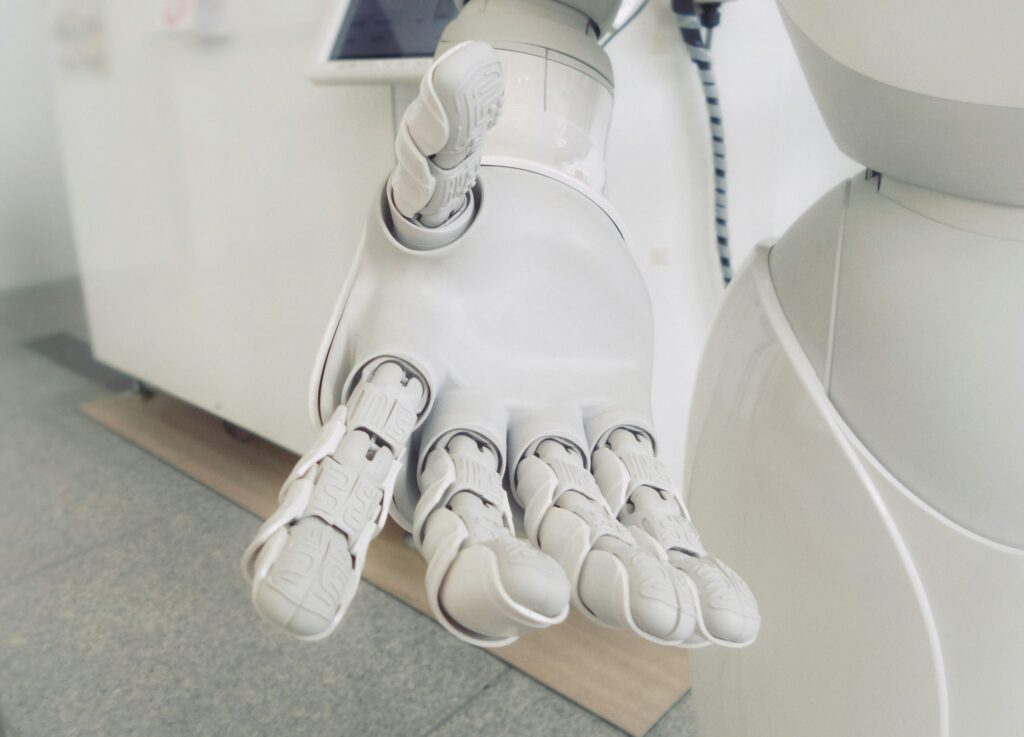The integration of artificial intelligence (AI) into various industries is rapidly reshaping the technological landscape. With projections suggesting that the AI market could exceed $196 billion by 2024 and burgeon over 13 times in value within the subsequent six years, the momentum is undeniable. Notably, intelligent virtual assistants (IVAs) have been at the forefront of this growth, with their market valued at approximately $3.24 billion in 2023 and a remarkable compound annual growth rate (CAGR) of 24% anticipated through 2032.
This surge can be attributed to significant advancements in natural language processing (NLP), machine learning (ML), and data analytics. AI assistants have transformed from simple tools into sophisticated systems adept at grasping context, predicting user requirements, and addressing complex problem-solving tasks.
For instance, the rise of generative AI technologies—led by innovations from platforms such as ChatGPT, Perplexity, and Claude—has expanded the capabilities of AI assistants, allowing them to create personalized content and automate intricate tasks with remarkable efficiency.
Understanding Limitations and the Solution through Specialization
Despite these advancements, several challenges hinder the widespread adoption of generalized AI systems. Issues surrounding the complexity of human language, the subtleties of context, and the vast knowledge required for comprehensive understanding must be addressed. Privacy concerns, ethical dilemmas, and biases also loom large, necessitating continuous refinement.
As a result, a distinct opportunity has emerged for niche AI solutions. These specialized agents focus on excelling in specific domains, thereby leveraging current AI strengths while avoiding many limitations encountered by generalized systems.
An illustrative example of this trend is the assistant known as CARA, developed by CARV. CARA serves as a personalized assistant that allows users to seamlessly navigate a comprehensive ecosystem comprising a play and social network, various Web3 wallets, IDs, TON-based games, and multiple social platforms.
Earlier in the year, CARV secured $10 million in funding led by Tribe Capital and IOSG Ventures. This capital has fostered the collaboration of over 9000 games and AI companies across Web2 and Web3, including industry giants like Electronic Arts and AliCloud, who are leveraging data as a commodity for unique business applications ranging from NPC training to anti-sybil mechanisms.
Utilizing diverse data sources, CARA can provide tailored recommendations for games and activities based on an individual player’s data, alongside insights into cryptocurrency trends. By understanding intent-based commands, CARA simplifies user interactions, facilitating processes like ID binding and game onboarding. Looking ahead, CARA plans to enhance its offerings by helping users identify eligibility for airdrops within the CARV ecosystem and participate in various reward-centered events.
The Future of Niche AI: A Strategic Necessity
The pace of advancement in AI technology indicates that we will witness the emergence of niche AI assistants across diverse industries. The strategic imperative of incorporating these AI capabilities is increasingly recognized, with 83% of companies prioritizing AI in their business strategies.

With such a focus, the economic impact of AI is projected to surpass $15 trillion globally by 2030. The market for AI-powered personal assistants, currently valued at $108.60 billion, is expected to nearly double to $242.30 billion by 2030. This suggests that these intuitive tools will play an integral role in bridging the gap between AI capabilities and the specific needs of users.
As AI technology continues to evolve, its role in enhancing efficiency and driving revenue growth within various sectors is becoming increasingly vital. The future promises not just advancements in technology, but also a deeper integration of AI into daily operations, facilitating a more personalized, efficient, and responsive technological environment.
In summary, the future of artificial intelligence is not just about overarching systems but also about specialized applications that address specific needs and challenges. As companies embrace these niche solutions, the potential for AI to revolutionize industries appears limitless, paving the way for a more profound transformation in how we interact with technology.




